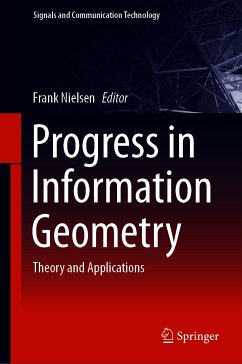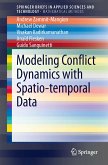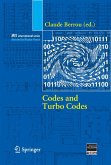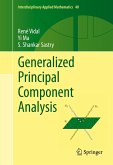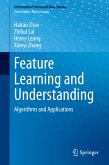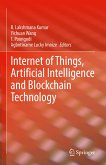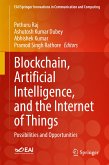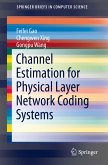This book focuses on information-geometric manifolds of structured data and models and related applied mathematics. It features new and fruitful interactions between several branches of science: Advanced Signal/Image/Video Processing, Complex Data Modeling and Analysis, Statistics on Manifolds, Topology/Machine/Deep Learning and Artificial Intelligence. The selection of applications makes the book a substantial information source, not only for academic scientist but it is also highly relevant for industry.
The book project was initiated following discussions at the international conference GSI'2019 - Geometric Science of Information that was held at ENAC, Toulouse (France).
The book project was initiated following discussions at the international conference GSI'2019 - Geometric Science of Information that was held at ENAC, Toulouse (France).
Dieser Download kann aus rechtlichen Gründen nur mit Rechnungsadresse in A, B, BG, CY, CZ, D, DK, EW, E, FIN, F, GR, HR, H, IRL, I, LT, L, LR, M, NL, PL, P, R, S, SLO, SK ausgeliefert werden.

